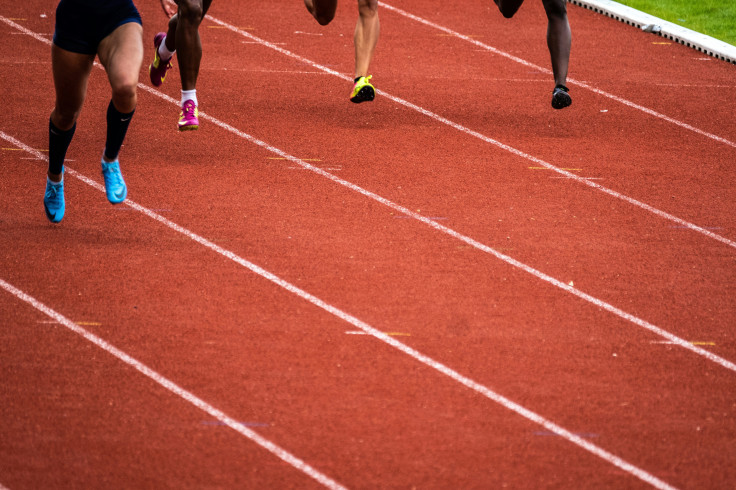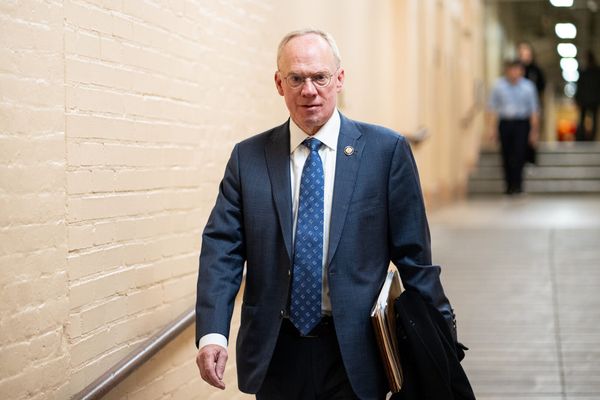
Two of athletics' biggest stars have been sensationally sidelined just days before the 2025 World Athletics Championships in Tokyo. American sprint prodigy Erriyon Knighton has been slapped with a four-year doping ban, while Ethiopian middle-distance ace Diribe Welteji has been provisionally suspended for missing a test. The twin blows have reignited fierce debate over doping control and the credibility of 'clean' competition.
Erriyon Knighton Hit With Four-Year Ban
Erriyon Knighton, once hailed as Usain Bolt's natural successor, has been banned for four years after the Court of Arbitration for Sport (CAS) upheld a positive test. The 20-year-old tested positive for epitrenbolone, a metabolite of the anabolic steroid trenbolone, during an out-of-competition check in 2024. The ruling has ended his Tokyo dream and cast a shadow over one of track and field's brightest young careers.
Knighton argued that his positive result came from consuming contaminated oxtail, a defence initially accepted by USADA, but as reported by The Guardian, the Court of Arbitration for Sport rejected this explanation.
The United States Anti-Doping Agency (USADA) initially cleared him, finding he bore no fault or negligence. However, the World Anti-Doping Agency (WADA) and World Athletics appealed. CAS upheld the appeal, stating there was insufficient evidence to prove oxtail in the United States could contain trenbolone at the levels found in his sample.
The ruling also annulled Knighton's results between 26 March and 12 April 2024. The decision means the 20-year-old will miss the 2025 World Championships in Tokyo and the 2028 Los Angeles Olympics, dealing a major blow to his career trajectory and to Team USA's sprint prospects.
Diribe Welteji Provisionally Suspended
Ethiopian 1500m runner Diribe Welteji, ranked among the fastest women in the world this year with a 3:51.44 performance at the Prefontaine Classic in Eugene, has also been sidelined. The Athletics Integrity Unit (AIU) charged her with failing or refusing to submit to an out-of-competition doping test on 21 May 2025.
In August, Ethiopia's anti-doping authority cleared Welteji, ruling that she had not committed an anti-doping rule violation. However, the AIU challenged that decision and appealed to CAS.
The AIU requested that she be provisionally suspended until the case is fully resolved. CAS granted the appeal, ruling her ineligible for the Tokyo championships pending a final outcome.
The suspension has removed one of the medal favourites from the 1500m event and sparked debate over the consistency of national versus international anti-doping decisions.
Impact on the Tokyo World Athletics Championships
The timing of both cases has intensified scrutiny of the 2025 World Athletics Championships, set to run from 13 to 21 September in Tokyo. With Knighton barred and Welteji suspended, the championships have lost two headline names days before the opening heats.
The cases highlight tensions between national anti-doping agencies and international oversight bodies. In both situations, national panels initially cleared athletes of wrongdoing, only for appeals by WADA or the AIU to overturn or challenge those rulings.
The contrasting judgments raise concerns among athletes and fans over fairness, transparency, and the consistency of enforcement across countries.
Integrity Concerns and Athletics' Doping Shadow
The bans come against a backdrop of longstanding doping controversies that continue to erode trust in athletics. Knighton's case underscores the increasing complexity of doping adjudication, with claims of contaminated food becoming central to defence arguments. CAS noted that statistical likelihood, scientific evidence, and burden of proof all play critical roles in such rulings.
Welteji's case adds another layer, as her provisional suspension is based not on a failed test but on a missed one, an area where procedure and justification are often contested.
These developments revive familiar questions about the effectiveness of global anti-doping measures, the fairness of provisional bans, and the lasting reputational damage faced by athletes even before final decisions are reached. As the Tokyo championships begin, the absence of Knighton and Welteji has placed doping back at the forefront of athletics discourse.







